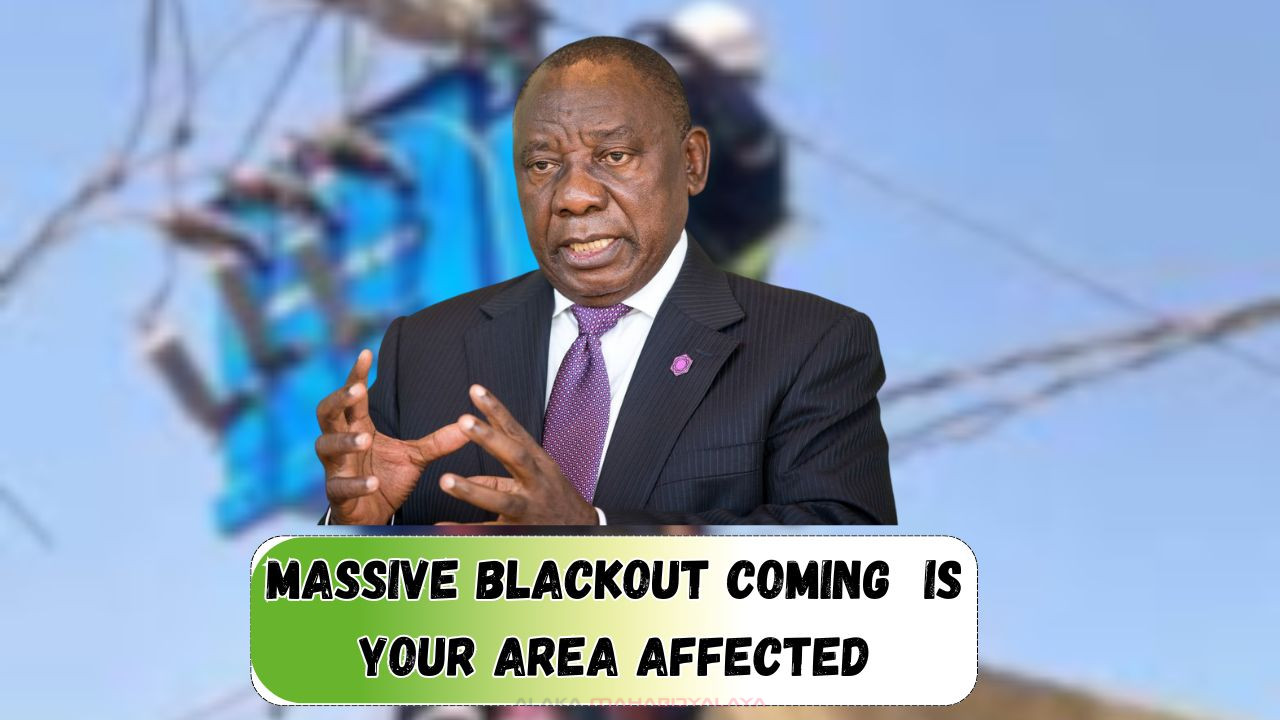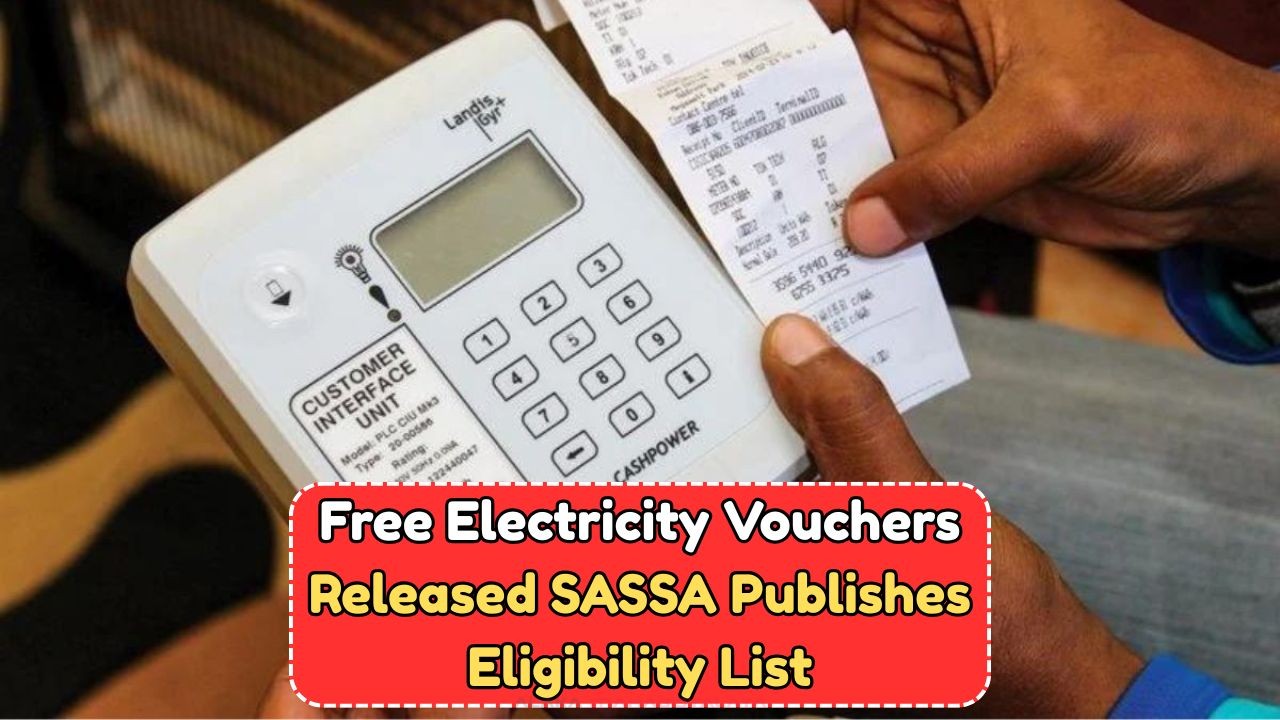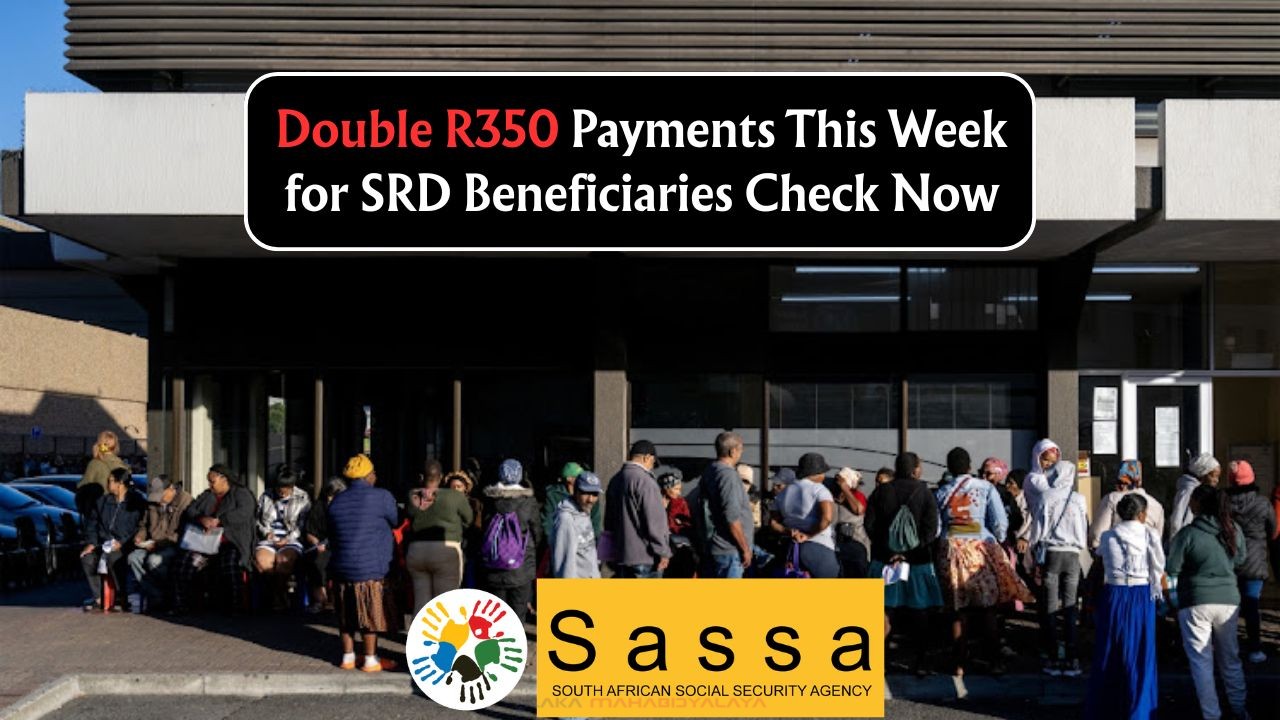14-Hour Load Shedding: South Africa is grappling with an extensive power crisis as a dramatic 14-hour load shedding schedule has been implemented across the nation. This unexpected turn of events has left millions of residents and businesses struggling to cope with prolonged power outages. The rolling blackouts, which have become more frequent in recent years, are a stark reminder of the challenges facing the country’s energy sector.
Impact of Load Shedding on Daily Life
South Africans are no strangers to load shedding, but the recent 14-hour schedule has intensified concerns about its impact on daily life. Businesses, especially small and medium enterprises, face significant disruptions, leading to financial losses and operational challenges. Households, on the other hand, are forced to adapt to the unpredictability of power availability, affecting cooking, heating, and other essential activities.
Key Issues Aggravated by Load Shedding:
- Increased cost of alternative energy solutions like generators and solar panels.
- Interruptions in water supply due to electrically driven water pumps.
- Heightened security risks as alarms and surveillance systems become non-functional.
- Challenges in remote work and education due to internet connectivity issues.
- Impact on healthcare services, particularly in clinics and small hospitals.
- Economic slowdown due to reduced productivity in key sectors.
The national power utility, Eskom, cites aging infrastructure and maintenance backlogs as primary causes of the extensive load shedding. Despite efforts to stabilize the grid, the situation remains precarious.
Strategies to Mitigate Power Outages
Government Initiatives: In response to the power crisis, the South African government has announced several initiatives aimed at mitigating the effects of load shedding and improving the energy supply chain. These include investments in renewable energy projects, partnerships with private sector entities, and the exploration of alternative energy sources.
| Initiative | Description | Timeline | Expected Impact |
|---|---|---|---|
| Solar Expansion | Increased solar power installations | 2023-2025 | Reduce reliance on coal |
| Wind Energy Projects | New wind farms in coastal areas | 2024-2026 | Enhance renewable capacity |
| Infrastructure Overhaul | Upgrade aging power plants | 2023-2027 | Improve grid reliability |
| Public-Private Partnerships | Collaborations with private energy firms | Ongoing | Boost investment in energy |
| Energy Efficiency Programs | Encourage reduced consumption | 2023 onward | Lower overall demand |
| Battery Storage Solutions | Large-scale battery installations | 2024-2028 | Stabilize power supply |
| Nuclear Energy Consideration | Feasibility studies for nuclear power | 2023-2025 | Potential future energy source |
| Community Engagement | Public awareness campaigns | 2023 onward | Promote energy literacy |
| Research and Development | Innovations in energy technology | Ongoing | Foster sustainable solutions |
The Role of Renewable Energy
Renewable energy is increasingly seen as a viable solution to South Africa’s power woes. The government and energy experts advocate for a diversified energy mix, with solar and wind energy playing pivotal roles. This approach not only aims to reduce the carbon footprint but also lessens the country’s dependence on traditional coal-fired power plants, which are prone to outages and maintenance issues.
Benefits of Renewable Energy Adoption:
- Decreased greenhouse gas emissions.
- Enhanced energy security and independence.
- Job creation in the green energy sector.
- Reduced operational costs over time.
- Stimulation of technological innovation.
- Improved public health due to cleaner air.
- Support for sustainable economic growth.
- Increased resilience against power disruptions.
Challenges in Implementing Energy Solutions
While the shift towards renewable energy is a positive step, South Africa faces several challenges in its implementation. Funding constraints, regulatory hurdles, and the need for skilled labor are significant barriers that must be addressed to ensure successful integration of renewable sources.
Furthermore, the existing infrastructure must be adapted to accommodate new technologies, and public awareness campaigns are essential to foster acceptance and understanding of these changes. The transition may be complex, but the long-term benefits are undeniable.
- Inadequate funding and investment.
- Regulatory and bureaucratic challenges.
- Lack of technical expertise and workforce.
- Resistance to change from traditional energy sectors.
- Need for comprehensive policy frameworks.
- Balancing energy transition with economic demands.
Energy Policy Changes Required
For South Africa to successfully navigate its energy crisis, comprehensive policy changes are required. These include reforming energy tariffs, incentivizing private sector involvement, and introducing stringent environmental regulations. Additionally, policies must foster innovation and support the development of local energy technologies.
| Policy Aspect | Current Status | Proposed Changes |
|---|---|---|
| Energy Tariffs | Fixed pricing models | Incentive-based models |
| Private Sector Involvement | Limited engagement | Encourage partnerships |
| Environmental Regulations | Basic compliance | Stringent enforcement |
| Innovation Incentives | Few incentives | Increased funding |
| Local Technology Development | Underdeveloped | Support R&D initiatives |
| Public Awareness | Low engagement | Intensive campaigns |
| Infrastructure Development | Outdated systems | Comprehensive upgrades |
FAQ Section
What is load shedding?
Load shedding is the intentional reduction of electricity supply to prevent the grid from being overloaded and to maintain stability.
- How long will the current load shedding last?
- It is uncertain; however, Eskom is working to minimize the duration.
- What can individuals do to cope with load shedding?
- Consider investing in alternative energy sources and staying informed about schedules.
- Why is renewable energy important for South Africa?
- It reduces reliance on coal, lowers emissions, and offers sustainable power solutions.
Departmental Contact Details
For further information, contact:
Email: [email protected]
Helpline: 0800 123 456
Website: www.energy.gov.za
Media Inquiries: [email protected]






